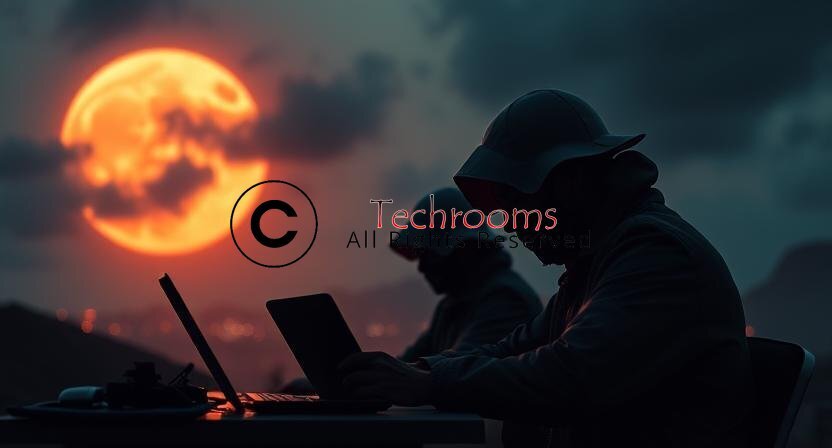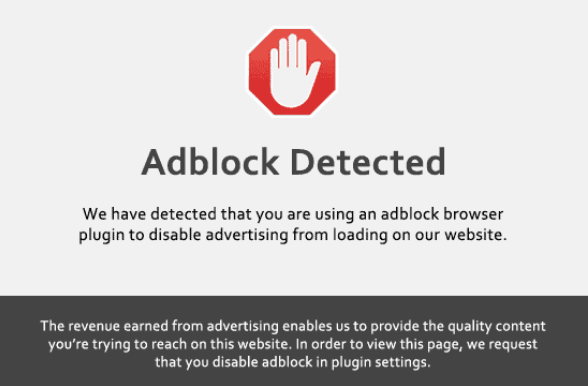The Solana Foundation has successfully patched a significant vulnerability within its privacy-focused token system. This flaw, if exploited, could have potentially allowed malicious actors to generate fraudulent zero-knowledge proofs, leading to unauthorized creation of tokens or illicit withdrawals of funds.
The vulnerability was brought to light on April 16th through a GitHub advisory published by Anza, a development team focused on Solana. The advisory included a working proof-of-concept demonstrating the potential exploit. Engineers from Anza, along with teams from Firedancer and Jito, quickly verified the issue and began working on a solution, as detailed in a post-mortem released on Saturday.
At the heart of this security gap was the ZK ElGamal Proof program, responsible for validating the zero-knowledge proofs (ZKPs) used in Solana's Token-22 confidential transfers. These token extensions are designed to enhance transaction privacy by encrypting token balances and utilizing cryptographic proofs to confirm the validity of transfers without revealing sensitive details like amounts or recipient addresses.
However, a crucial algebraic element was found to be missing from the hashing process used in the Fiat-Shamir transformation. This is a standard technique that converts interactive proofs into non-interactive ones suitable for blockchain verification. This oversight created a potential opening that sophisticated attackers could have exploited to craft fake proofs that the on-chain verifier would mistakenly accept as legitimate. Such a scenario could have enabled the unauthorized minting of tokens or the withdrawal of funds from wallets without proper permission. It's important to note that this vulnerability did not impact standard SPL tokens or the main Token-2022 logic.
Prompt action was taken to address the issue. Private patches were rapidly distributed to validator operators on April 17th. A second patch was subsequently released later the same day to fix a related concern. External security firms including Asymmetric Research, Neodyme, and OtterSec reviewed the fixes to ensure their effectiveness. By April 18th, the majority of validators had successfully implemented the necessary patch. According to Solana's post-mortem analysis, there is currently no evidence to suggest that this flaw was ever exploited, and all user funds are reported to be safe.
In other positive news for the network, Solana has emerged as a frontrunner in blockchain revenue during the first quarter of 2025, surpassing notable competitors such as Ethereum and BNB Chain. This achievement represents a significant milestone for the high-speed blockchain and is attributed to a surge in user engagement and the continued expansion of its ecosystem. The increase in network revenue was fueled by heightened activity in decentralized applications (dApps), non-fungible token (NFT) transactions, and overall on-chain interactions. Solana's scalable architecture and competitive transaction fees continue to attract both developers and users, making it a preferred platform for applications requiring high throughput. Its growth has been further bolstered by ongoing upgrades, strategic partnerships, and strong momentum in key sectors like decentralized finance (DeFi), gaming, and mobile crypto applications. These developments have solidified Solana's reputation as a high-performance, user-friendly blockchain with a promising outlook for the remainder of 2025.




